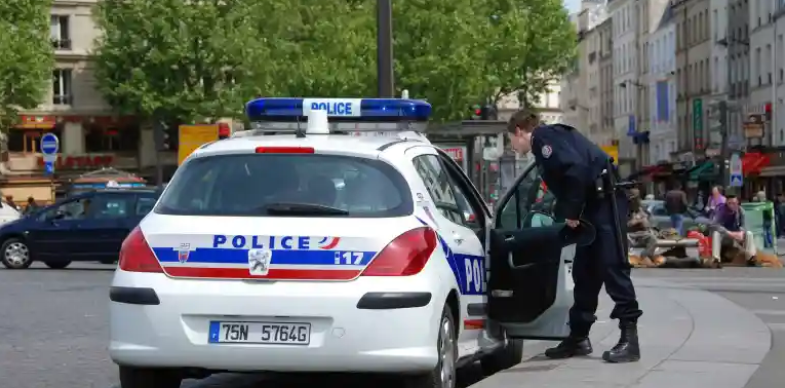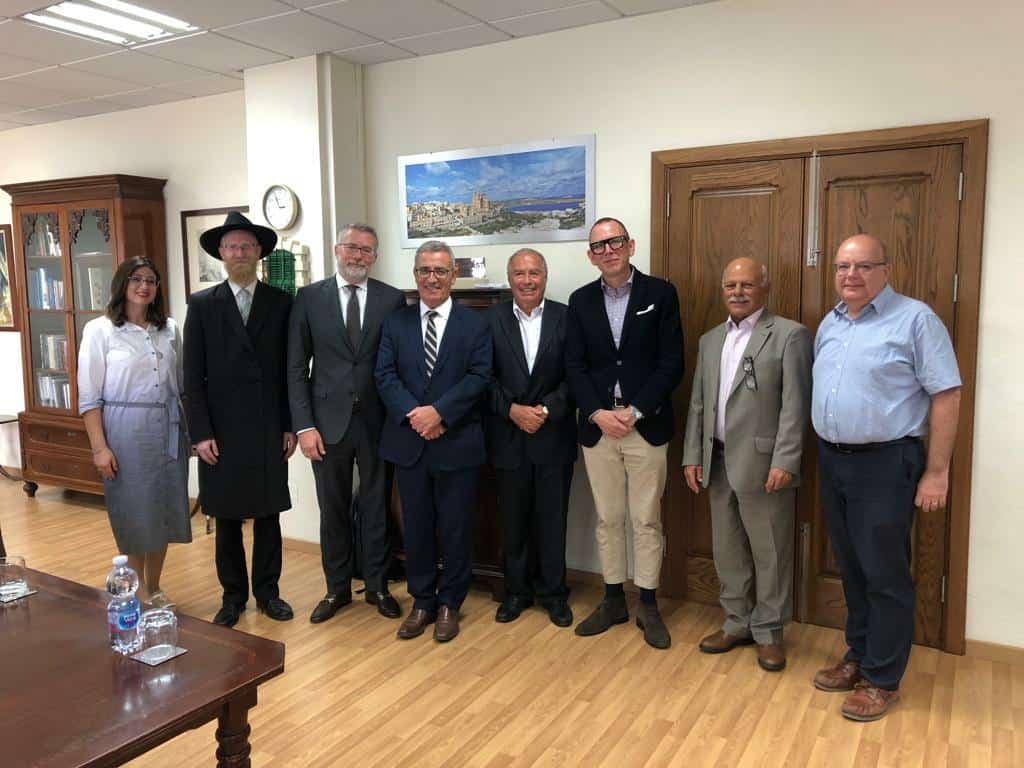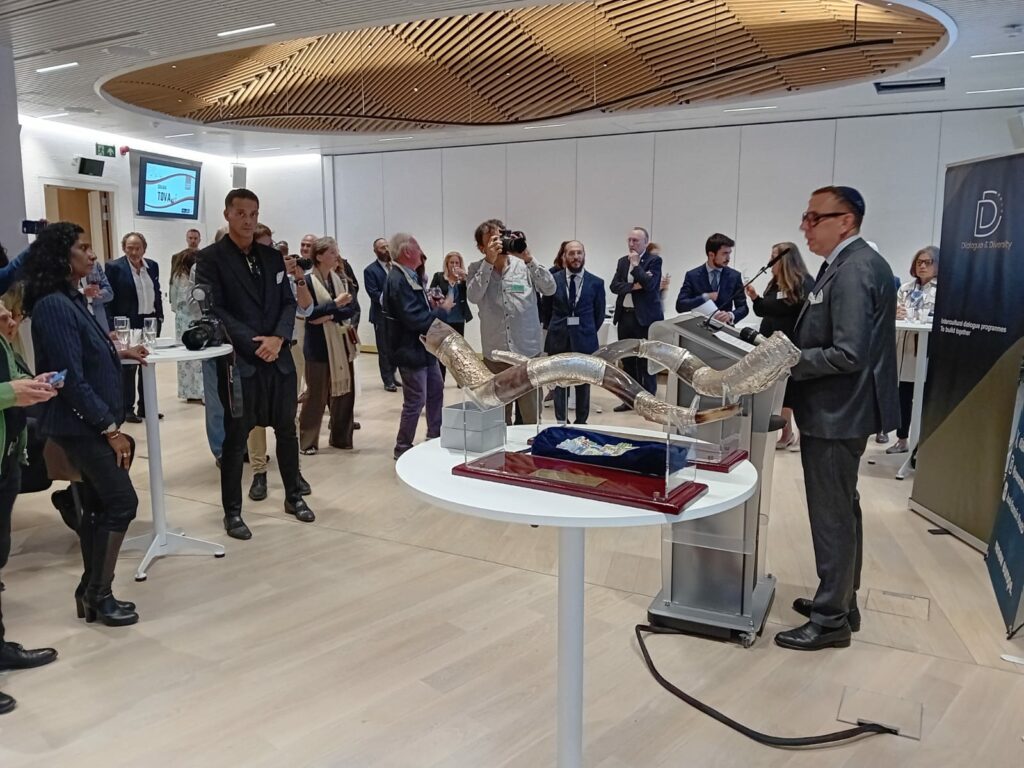The European Jewish Association is proud and delighted to welcome another organisation to our growing roster of partners and communities.
We have just concluded and signed a memorandum of understanding with The Kiev Jewish Community and Association of Jewish Communities in Ukraine.
We are sure that this cooperation will bring with it beautiful and important accomplishments. We look forward to working for the betterment of Dutch and European Jewry together.
















